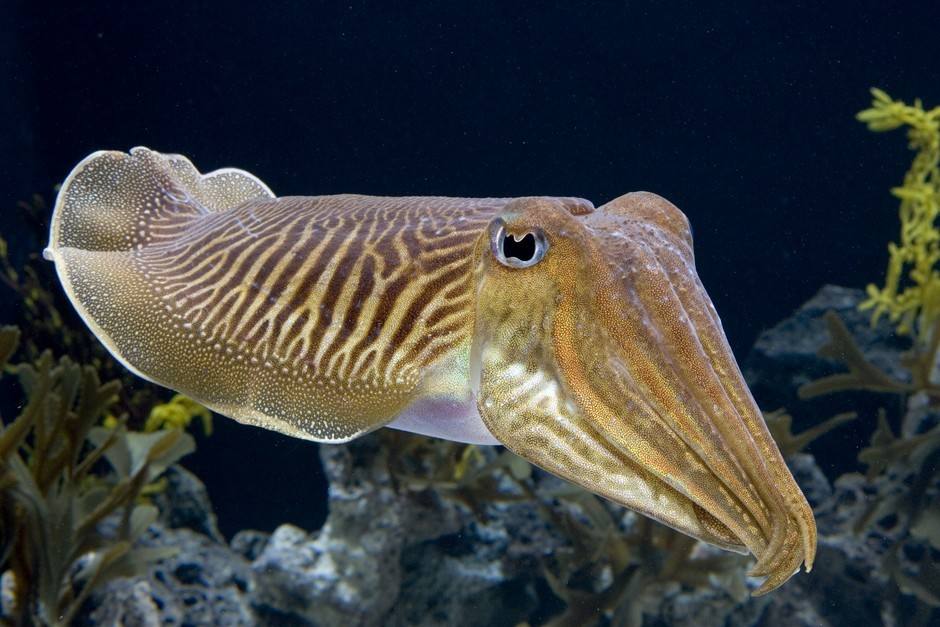What little we know of them comes almost entirely from eavesdropping on their songs, but even these are a mystery. Blue whales will sometimes break off a song, then pick it up again at the same spot six months later. Sometimes they strike up with a new song, which no member can have heard before but which each already knows. How they do this is not remotely understood. And these are animals that must routinely come to the surface to breathe.

For animals that need never surface, obscurity can be even more tantalizing. Consider the fabled giant squid. Though nothing on the scale of the blue whale, it is a decidedly substantial animal, with eyes the size of soccer balls and trailing tentacles that can reach lengths of sixty feet. It weighs nearly a ton and is Earth's largest invertebrate. If you dumped one in a normal household swimming pool, there wouldn't be much room for anything else. Yet no scientist— no person as far as we know—has ever seen a giant squid alive. Zoologists have devoted careers to trying to capture, or just glimpse, living giant squid and have always failed. They are known mostly from being washed up on beaches—particularly, for unknown reasons, the beaches of the South Island of New Zealand. They must exist in large numbers because they form a central part of the sperm whale's diet, and sperm whales take a lot of feeding.












